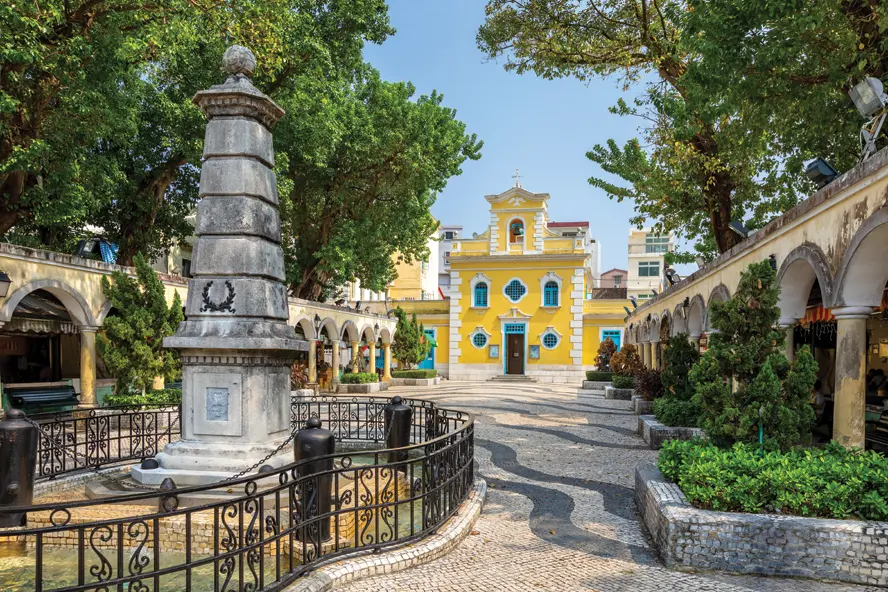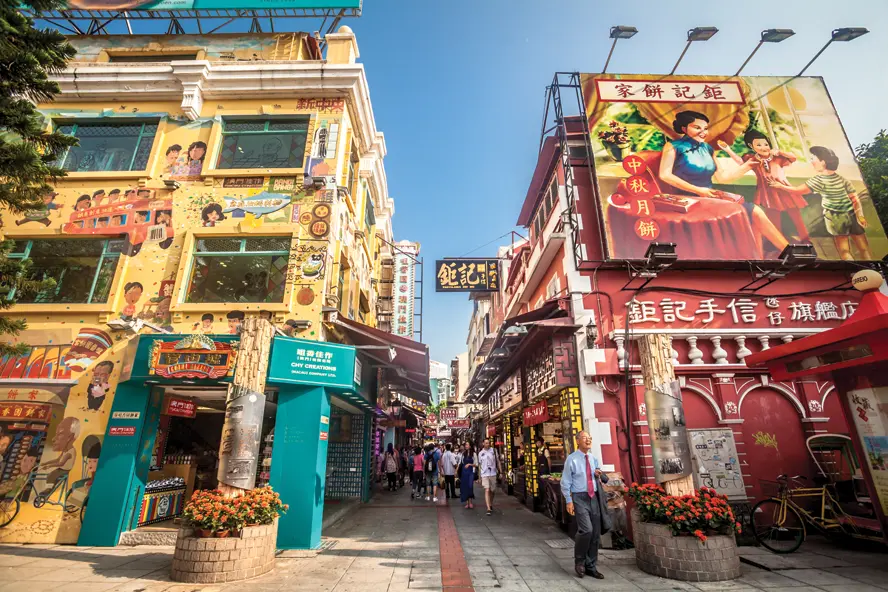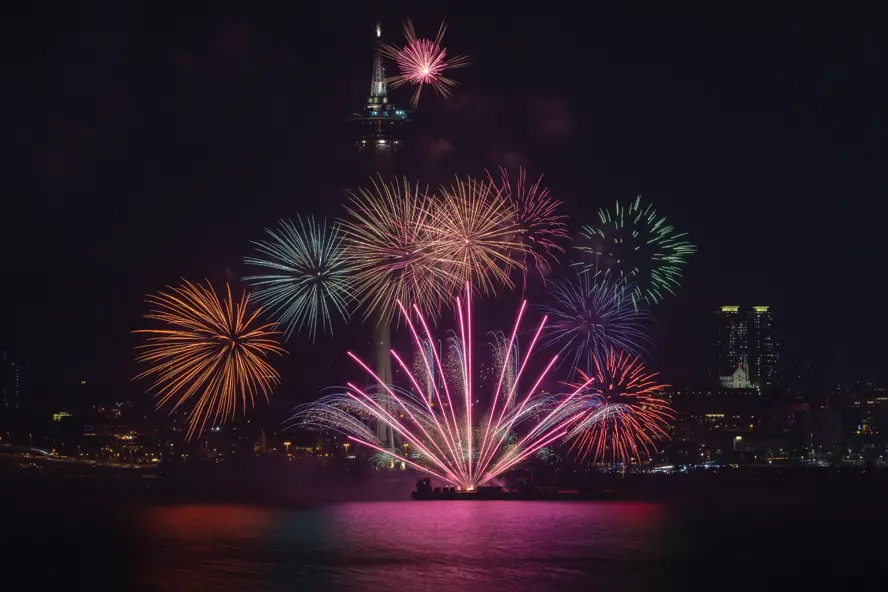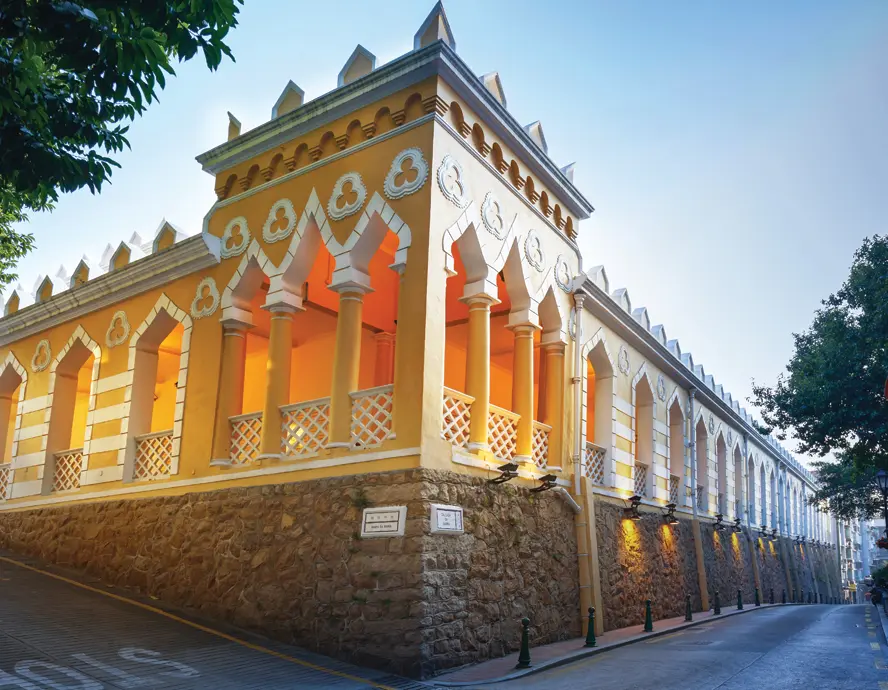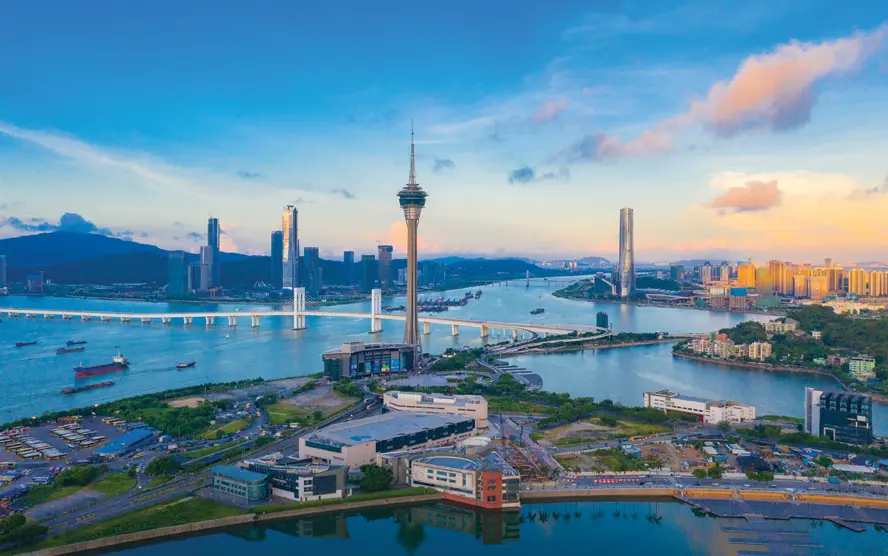Growth through diversification – IAG
Written by on February 1, 2023
With new 10-year gaming concessions now awarded to the same six concessionaires who have built the industry over the past two decades, their next task will be to realize the government’s directive to diversify the economy away from gaming.
Gaming has played a significant role in the rapid economic growth of Macau over the past two decades. The success story of Macau has also inspired other Asian economies to promote tourism through casino development.
With the kick-off of the new concession period coinciding with the lifting of pandemic restrictions, the local gaming industry is off to a good start. The next big task for Macau is its resolve to diversify the economy away from gaming and identify Macau as a city of tourism events. This article discusses the prospects of the “Macau 2.0” project from the perspectives of history, policy and operations management.
DIVERSIFICATION: A HISTORICAL PERSPECTIVE
Despite the lack of a universal definition, the United Nations describes the concept of economic diversification as “the process of shifting an economy away from a single income source toward multiple sources from a growing range of sectors.” Looking back at the history of Macau, the gaming industry has always served as a means to support the city’s economic development. Since its inception in 1847, commercial gaming was strategically employed to diversify the local economy against the city’s decline as a hub for international trade, particularly after the British acquisition of Hong Kong in 1842. Likewise, 2001 saw the gaming industry liberalized due to external and internal factors.
The textile manufacturing industry was one of the backbones of the local economy in the 1980s and early 1990s. However, the textile sector contracted sharply in the new millennium with the end of the global quota system for textile trading in 2005. Internally, the late-1990s organized crime associated with the VIP room business acted as the “last straw” leading to the opening up of the gaming industry in 2001. More than two decades after gaming liberalization, Macau has transformed its economy and now ranks among the world’s major gaming jurisdictions.
DIVERSIFICATION: A POLICY PERSPECTIVE
The bidding for new casino gaming concessions has recently concluded, with the incumbents remaining in the house. Gaming has, once again, served as an integral tool for spearheading the restructuring of the city’s economy. Unlike the 2001 gaming liberalization which aimed to drive tourism development and local employment, the new gaming concessions seek to create conditions for adequate economic diversification and ultimately to achieve sustainable development in Macau.
Being awarded new 10-year gaming concessions inevitably comes with a price tag. Among other things, the Big Six will be actively expanding their foreign tourist markets alongside the advancement of non-gaming projects. A total of MOP$108.7 billion (US$13.5 billion) is to be earmarked for non-gaming development over the next decade. The pledged investment will translate into a wide variety of leisure offerings, eventually accelerating the overall economic diversification process.
The gaming industry has been the primary driving force for the overall economy in Macau. Gaming accounted for more than 63% of the city’s economic activities in the heyday of 2013, and the figure was 51% right before COVID plagued the town in 2019. With more non-gaming investment driven by casino operators, it is expected that the local industrial structure will gradually change. The Macau government has indicated that the gaming industry shall account for around 40% of total gross domestic product (GDP) in the future.
DIVERSIFICATION: AN OPERATIONAL PERSPECTIVE
The Macau gaming industry has entered the “New Normal” era. The supply-driven model of “if you build a casino, people will come” is long gone. The collapse of the junket system has also prompted most casinos to pivot to the mass market, particularly the premium mass segment. Unlike VIP players recruited by junket agents, premium mass consists of predominantly non-hosted players engaging in high-limit gaming. This strategic pivot is advantageous for casinos, who can benefit without VIP junkets cutting into their profits. Casino operators are placing long-term bets on the expanding middle class in China and across Asia.
Various non-gaming projects are encouraged to develop Macau as a city of tourism events, including MICE, entertainment and shows, sporting events and themed amusements. Sports tourism, for instance, draws enthusiastic tourists to a destination. This leisure-based travel has become one of the fastest-growing trends in tourism. With our existing sports facilities, we must know our limits and focus on certain regionally popular sports.
Competitive sports such as basketball, volleyball, table tennis and marathon running have a large fan base in East Asia and Southeast Asia. The Big Six can host or sponsor internationally and regionally recognized sporting events on a regular basis to attract more foreign and domestic visitors.
Admittedly, the Greater China market is projected to remain the top source of tourists for Macau. But developing international markets is now a key focus of the current gaming concessions. With the tax incentive scheme for foreign tourists, casinos will be galvanized to look beyond the Chinese market for more international opportunities. Capitalizing on their well-established networks, some casino operators with properties and/or sales offices overseas appear to have the upper hand over their counterparts.
Without the traditional junkets bringing in high rollers, the Big Six need to be realistic about their ability to stimulate large crowds to patronize the resort property. Among the conceptual variables to be considered by casino operators for a post-junket future are:
Business focus – Direct VIPs, premium mass, and grind mass
Facility characteristics – Gaming and non-gaming
Talent and skill development
Local and regional competition
The following are some seminal questions to be taken up and answered by the industry executives and stakeholders:
Do you know your target market(s)? Identifying the demographic and psychographic characteristics of potential customers is the first step in developing any marketing and operational efforts.
What attracts these customers, and why? Can casinos plan and execute tailor-made tourism events for specific groups of customers to ensure their repeat patronage?
What is your brand? How do you put yourself across to customers? Does the property reflect the brand and meet customer expectations?
What is your unique selling proposition (USP) that differentiates your property from others? After all, the local and regional casinos practically sell the same homogeneous product – gaming.
There are other essential aspects worthy of attention. Macau must leverage its increased integration with Hengqin to diversify its gaming-dominated economy. While piggybacking on Hong Kong’s aviation hub to move tourists to the enclave, this city must ensure it has the necessary aviation infrastructure and more air connectivity if we are keen to have more foreign tourists. Next, gaming and hospitality are people businesses. We need to have full support and participation from the community. Macau has graduated from the previous gaming-centric model, heading off on a new journey with opportunities and challenges along the way. The growth story of Macau 2.0 is bound to unfold in the next 10 years. Buckle up and enjoy the ride!
watch avatar the way of water full movie
watch avatar the way of water full movie
watch avatar the way of water full movie
